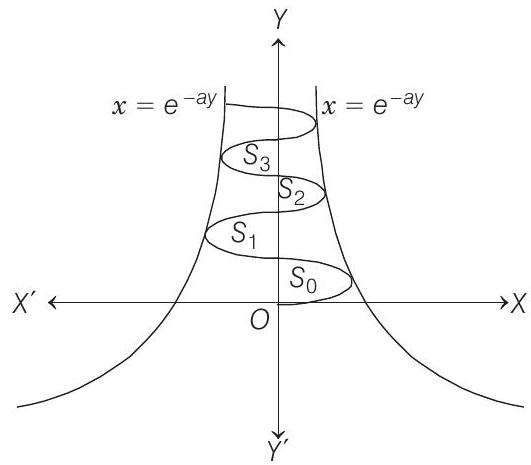Area Question 35
Question 35
- Let
Show Answer
Solution:
- Given,
Now,

In this case, if we take
Now,
For
Solution:
Now,

In this case, if we take
Now,
For
© 2024 Copyright SATHEE
Powered by Prutor@IITK
Welcome to SATHEE !
Select from 'Menu' to explore our services, or ask SATHEE to get started. Let's embark on this journey of growth together! 🌐📚🚀🎓
I'm relatively new and can sometimes make mistakes.
If you notice any error, such as an incorrect solution, please use the thumbs down icon to aid my learning.
To begin your journey now, click on "I understand".